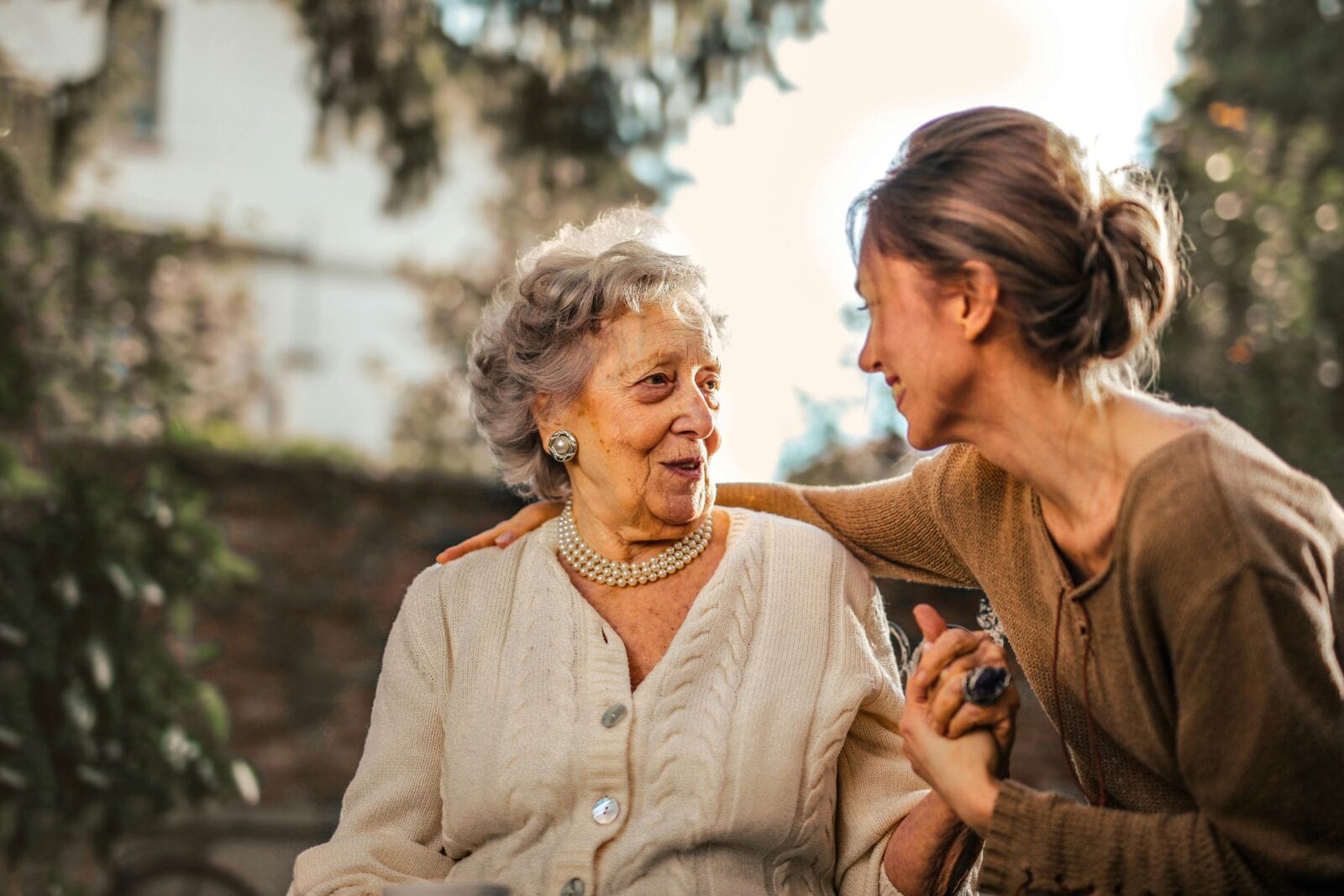Supporting elderly loved ones at home can be an enriching journey filled with moments of joy, but it comes with unique challenges. Whether providing direct care or coordinating with professional services, ensuring your loved ones are safe, comfortable, and well-cared for is a top priority. Finding the right balance of physical care and emotional support and incorporating necessary tools and technologies can significantly enhance the quality of life for your elderly loved ones. This guide offers practical tips and insights to help you navigate this caregiving journey effectively.
Creating a Safe Home Environment
Safety is the cornerstone of an effective home care environment. It is important to ensure that the living spaces of older adults are as safe as can be due to their increased vulnerability to falls and injuries. Minor changes can have a notable impact on avoiding accidents. For example, when wet surfaces increase the risk of slipping, installing grab bars in the bathroom helps individuals maintain their balance. Ensuring adequate lighting throughout the house, particularly on stairs and hallways, can also prevent tripping hazards.
Additionally, removing loose rugs and clutter can further eliminate potential dangers. Refer to AARP’s guidelines for more comprehensive guidelines on making homes safer for seniors. Finding home care in Florence Kentucky, can be an essential part of the support system for those in specific locations.
Utilizing Technology to Enhance Care
In today’s digital age, technology offers myriad solutions to streamline and improve caregiving. Various tools, from medical alert systems to medication management apps, are available to make caregiving tasks more manageable. Medical alert systems can provide immediate emergency assistance, offering peace of mind for caregivers and elderly individuals. Medication management apps can help track prescriptions, set reminders for dosages, and even alert caregivers if a dose is missed, ensuring medication adherence. Moreover, telehealth services have become increasingly popular, allowing for remote consultations with healthcare providers. This saves time and reduces the need for frequent in-person visits, providing timely medical advice and monitoring. Integrating these technologies can significantly enhance the quality of care you provide.
Engaging in Regular Communication
Effective communication is the backbone of solid and supportive caregiving. Regularly checking in with your elderly loved ones serves multiple purposes—it ensures their wellbeing and strengthens your relationship. Frequent conversations allow you to stay informed about their health conditions, preferences, and concerns. Discussing their likes and dislikes, daily routines, and any discomfort they might be experiencing can help you tailor your care to better suit their needs. Additionally, regular communication fosters a sense of connection and trust, making your loved ones feel valued and heard. This emotional support can play a vital role in their overall wellbeing.
Providing Emotional Support
Giving emotional support is equally important as taking care of physical needs. The mental health of elderly individuals can be greatly impacted by social isolation and loneliness. Encouraging social interactions, whether through regular family gatherings, outings, or virtual meet-ups, can dramatically alleviate feelings of isolation. Engaging in activities that your elderly loved ones enjoy, such as reading, playing board games, or gardening, can foster community and belonging. Simple gestures like listening to their stories or spending quality time together can profoundly impact their emotional wellbeing. Emotional support is an essential aspect of caregiving that enriches caregivers’ and recipients’ lives.
Accessing Caregiver Support
Providing care can be a challenging and, at times, overbearing duty, emphasizing the importance of asking for help when necessary. Numerous resources are available to help caregivers manage their roles more effectively. Local support groups and online forums provide valuable advice and a sense of community, offering a platform to share experiences, challenges, and solutions. Organizations like the Family Caregiver Alliance provide many resources, including educational materials, counseling services, and respite care options. These resources can offer necessary assistance, allowing caregivers to rest and recover, ultimately avoiding burnout and enhancing the effectiveness of caregiving.
Leveraging Professional Assistance
Sometimes, the level of care needed may be more than you can give, so professional help may be required. Getting assistance from home health aides, occupational therapists, and other medical experts can guarantee that your loved ones get personalized care that suits their requirements. Home health aides can help with daily tasks like showering, getting dressed, and cooking, while occupational therapists can provide exercises and techniques to enhance mobility and self-reliance. When selecting professional services, it’s essential to research and choose providers that align with your loved one’s preferences and medical requirements. Getting assistance from home health aides, occupational therapists, and other medical experts can guarantee that your loved ones get personalized care that suits their requirements.
Practicing Self-Care as a Caregiver
Being a caregiver can be very demanding in terms of physical and emotional toll. Prioritizing your wellbeing is essential to prevent burnout and maintain the capacity to care for your loved ones effectively. Adding self-care habits to your daily schedule can have a substantial impact. Regular exercise like walking, yoga, or swimming can boost physical health and reduce stress. It is essential to prioritize sufficient sleep to sustain mental acuity and vitality. Additionally, taking time for hobbies and activities you enjoy can provide much-needed respite and rejuvenation. Engaging in self-care benefits you and improves your capacity to offer caring and efficient assistance to your elderly family members.
Final Thoughts
Supporting elderly loved ones at home requires a balanced and multifaceted approach. By establishing a secure setting, utilizing technology, offering emotional support, seeking caregiver resources, and utilizing professional help, you can guarantee your family members have a pleasant and satisfying lifestyle at home. Prioritizing your wellbeing through self-care practices is equally important, enabling you to be a more effective and compassionate caregiver. These tactics collectively create a thorough system for aiding elderly family members with care, honor, and esteem.




